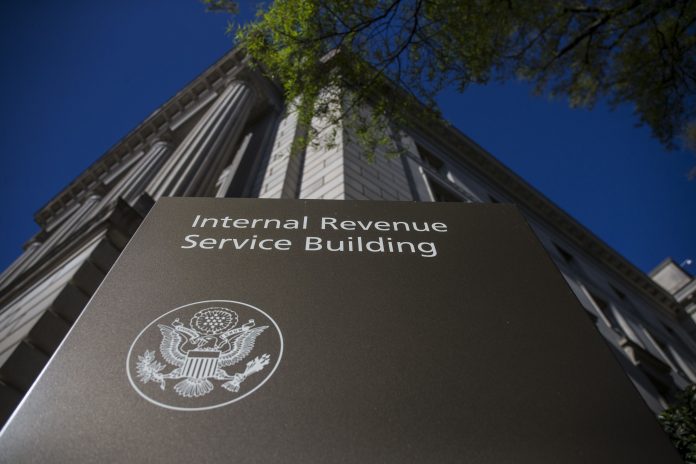The Internal Revenue Service (IRS) has unveiled its plan to crack down on high-income earners and corporations who have skirted their tax obligations. This initiative will target approximately 1,600 millionaires who collectively owe hundreds of millions of dollars in unpaid taxes. Alongside these high-income individuals, the IRS will also concentrate its efforts on 75 large business partnerships, encompassing entities like hedge funds, real estate investment partnerships, and major law firms, all known for their intricate tax structures.
This intensified focus on tax evasion comes as a result of increased funding through the Inflation Reduction Act. Initially designed to allocate $80 billion over a decade to bolster IRS staffing and technology, some of this funding has been redirected due to a recent debt limit deal. IRS Commissioner Daniel Werfel stated that since the legislation’s passage last year, the agency has undertaken a significant hiring campaign and equipped its expanded workforce with cutting-edge artificial intelligence tools to identify wealthy taxpayers employing tax avoidance strategies or engaging in sophisticated tax evasion schemes.
Werfel emphasized that this compliance drive aligns with the Inflation Reduction Act’s promise to ensure that the wealthiest taxpayers fully pay their dues. He remarked, “We will increase our compliance efforts on those posing the greatest risk to our nation’s tax system, whether it’s the wealthy looking to dodge paying their fair share or promoters aggressively peddling abusive schemes.” The IRS has already seen some successes, recovering $38 million in delinquent taxes from over 175 high-income taxpayers earlier this year.
Despite these positive developments, there has been political opposition to increased IRS funding, primarily from Republicans. Critics have claimed that the additional resources could lead to undue harassment of innocent families and small businesses by the IRS. The recent debt ceiling and budget deal included a $1.4 billion budget cut for the IRS, with an agreement to redirect $20 billion to other agencies over the next two years.
The IRS’s announcement on Friday counters this GOP narrative, highlighting its progress and the shift towards targeting wealthy taxpayers. The agency explicitly stated its intention to concentrate on “high-income earners, partnerships, large corporations, and promoters abusing the nation’s tax laws.” However, some remain skeptical, including Grover Norquist of Americans for Tax Reform, who expressed concerns about potential future shifts in the IRS’s focus for political purposes.
Nonetheless, the IRS will continue to advocate for its new approach, while Democrats seek to safeguard the remaining funding boost. House Majority Leader Steny Hoyer stated, “I hope that my Republican colleagues on the House Appropriations Committee will work with Democrats to ensure the IRS has the resources they need to effectively carry out their responsibilities and serve the American taxpayers.”



